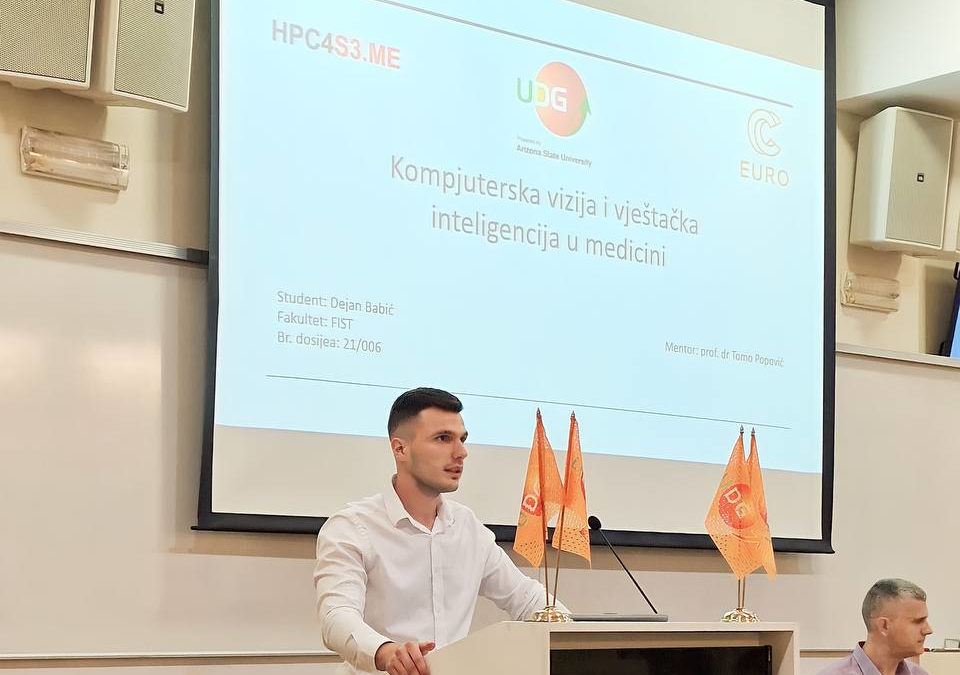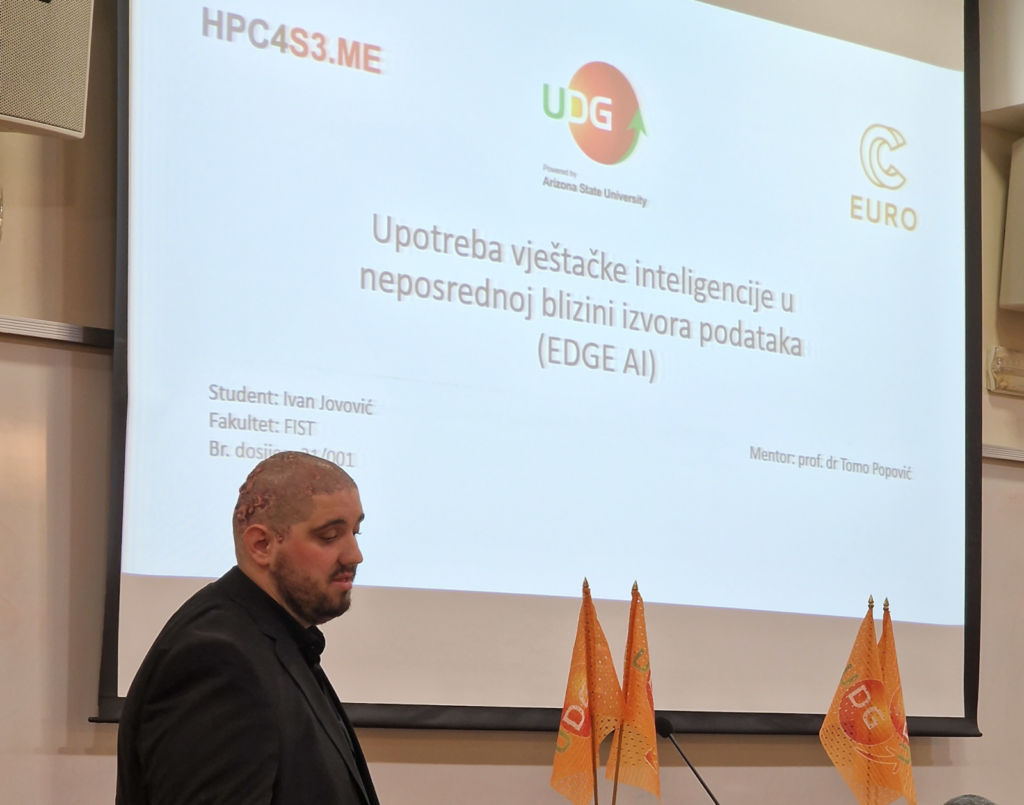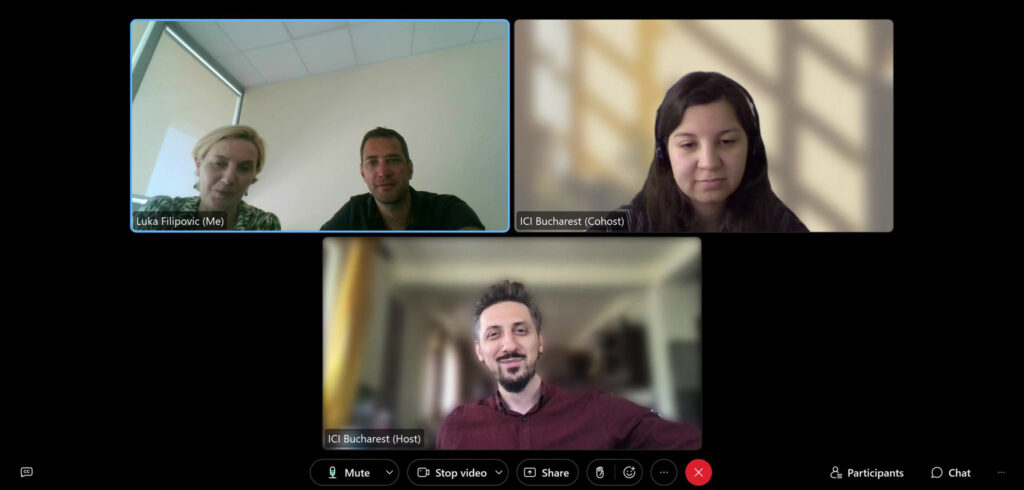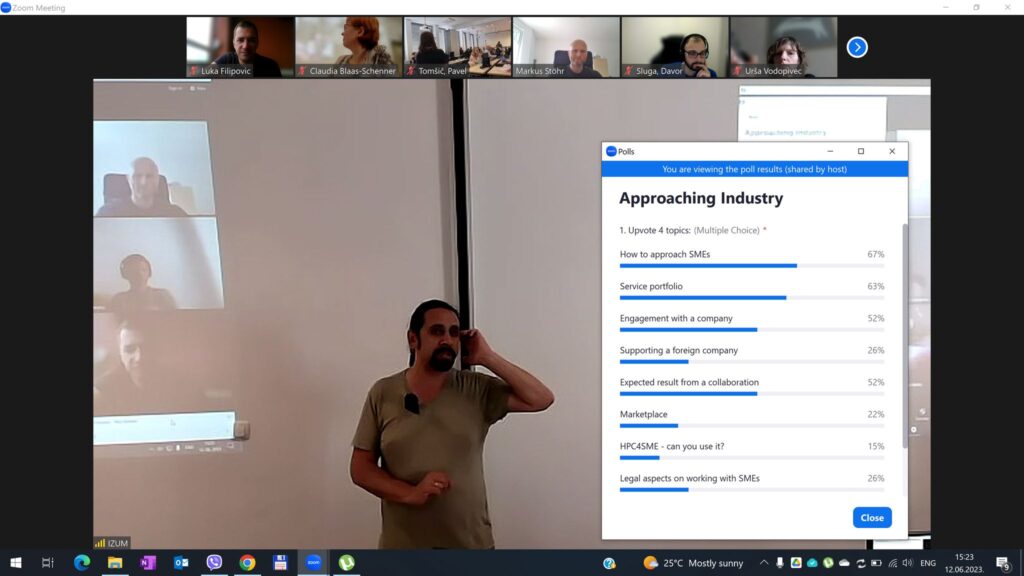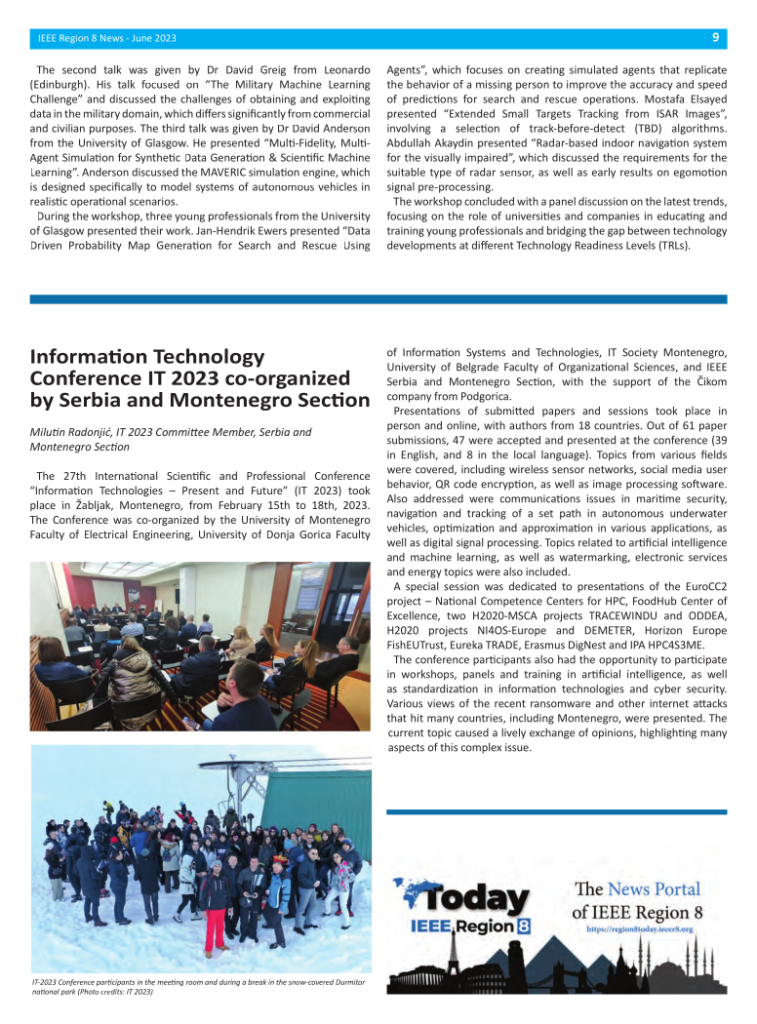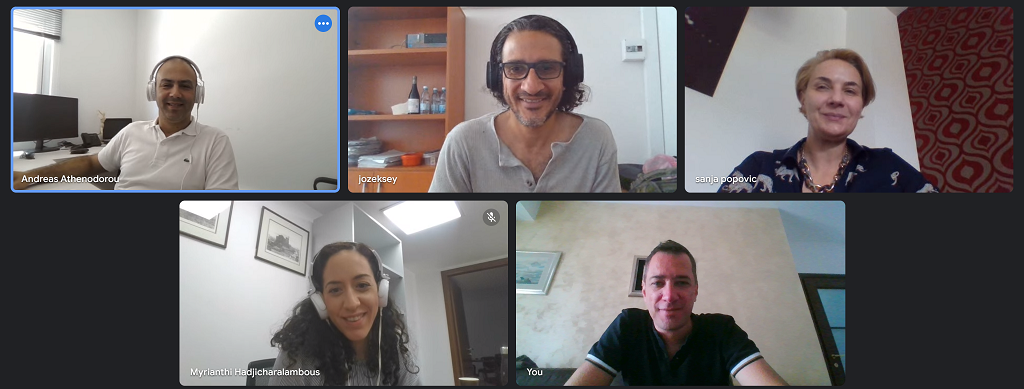The representatives of Faculty of Natural Sciences and Mathematics from University of Montenegro were welcomed by the experts and researchers at HPC NCC Montenegro, who presented EuroCC2 project, NCC Montenegro activities and available supercomputing infrastructure and services. The HPC NCC team highlighted the NCC’s commitment to facilitating collaborations between academia and industry, through shared HPC resources, expertise and experience.
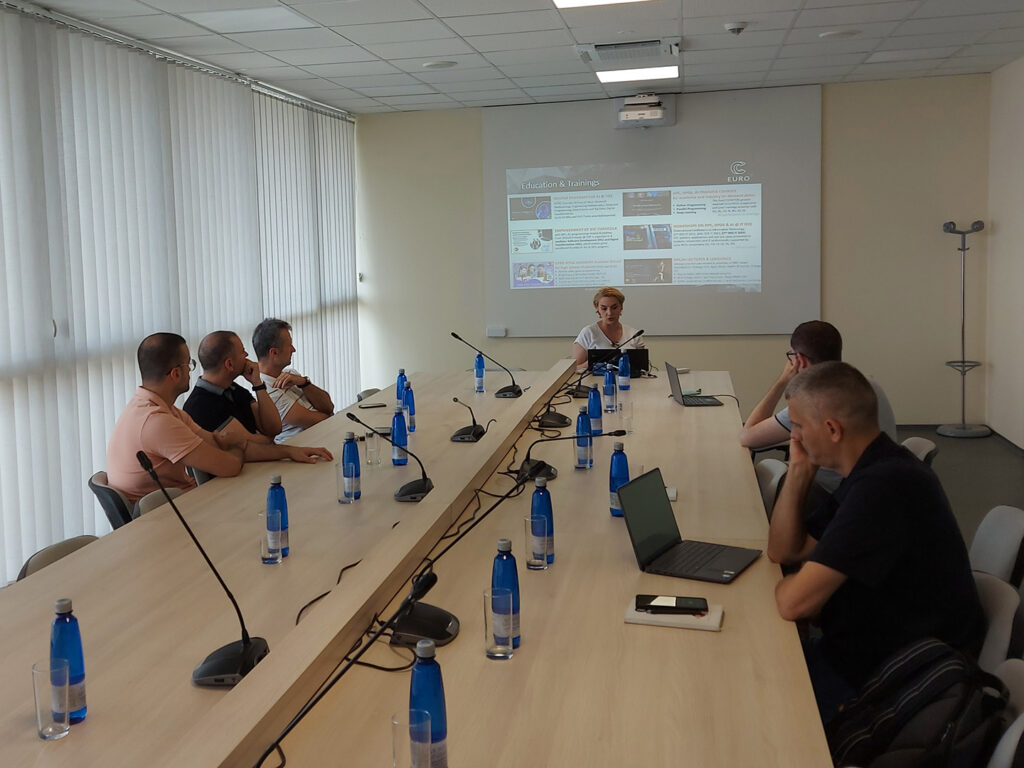
The representatives of Faculty of Natural Sciences and Mathematics were particularly interested in understanding how the supercomputing resources at HPC NCC could be leveraged for ML models and public sector applications, as well as to address complex research challenges and interdisciplinary collaboration. The NCC team also emphasized HPC/AI workshops and cross-NCCs trainings sessions to enhance the computational capabilities of researchers and familiarize them with HPC infrastructure and software tools and techniques.
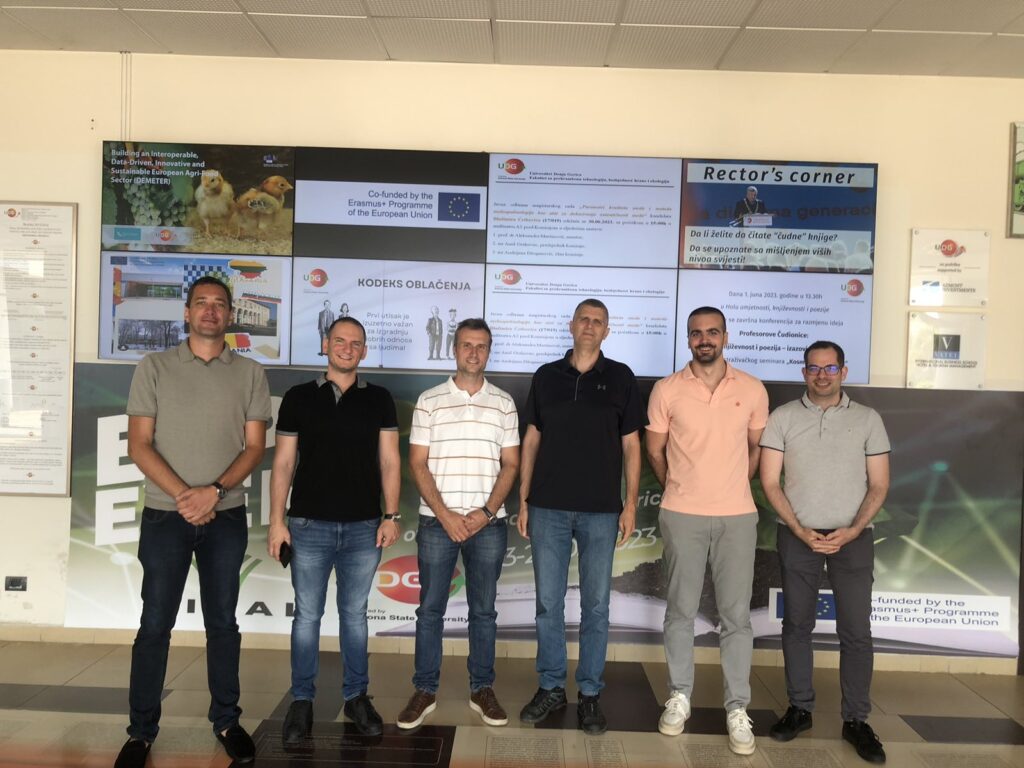
The collaboration between these institutions has the potential to improve scientific research and accelerate advancements in various public fields.


